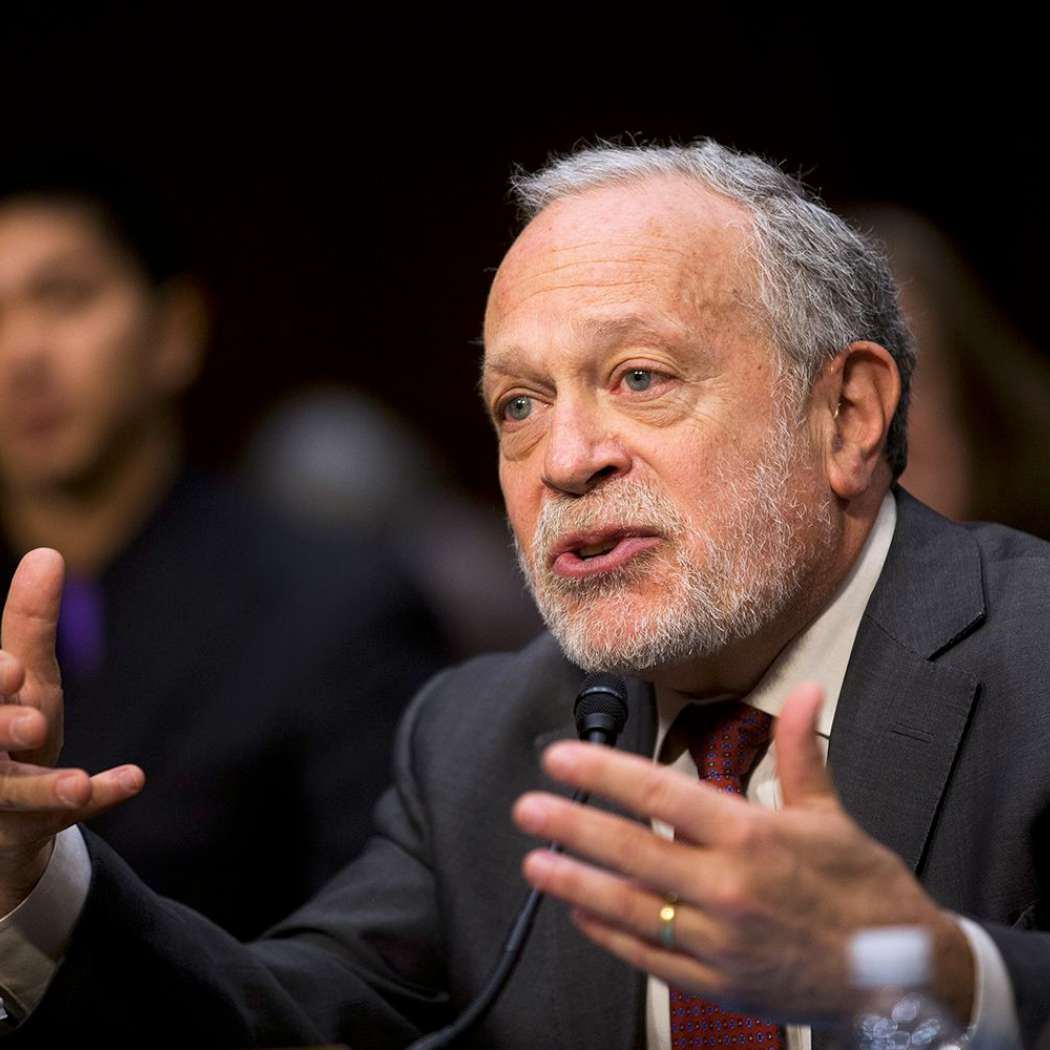Blog Post
Let’s Get Going
I’ve got a movie coming out this week. (Now that’s something I never thought I’d say!)
I hope you’ll go see it. And then I hope you’ll do something about it.
The film is Inequality for All. It’s a documentary about the American economy and its transformation over four decades from an engine of prosperity for every American to one that has made a handful of Americans very, VERY wealthy — and very powerful, politically — and left most of the rest of us choking on its exhaust.
I agreed to do the movie because it tells a story I’ve been trying to convey — in books, essays, speeches, as Secretary of Labor, even in cartoons — for more years than I care to think about. Nothing else I’ve tried has worked all that well; income, wealth, and political power are far more concentrated now than they were when I began. So when Jake Kornbluth, a gifted young filmmaker, handed me a movie proposal, I thought “why not?”
The movie describes how a series of public policy choices — about taxes, anti-trust, intellectual property, deregulation of our banking and the financial systems, among others — have given us an economy that turns the old American idea of shared prosperity on its head, and is undermining our democracy as well.
Just look at the last three years of our economic “recovery.” We’ve had sustained economic growth and declining unemployment, but 95 percent of the increase in our national income has gone to the wealthiest 1 percent of Americans. The rich are getting a lot richer while the middle class and the poor, our real economic backbone, are living from paycheck to paycheck and seeing their purchasing power actually decline — and their political power in eclipse.
We didn’t get to this place by accident. Wealth and power have accumulated in the hands of a relatively small number of people who are using that wealth to advocate for laws and policies that make them richer, often while hurting the rest of us. A recent series of bad Supreme and lower court decisions around money in politics has only made that easier for the 1 percent.
This is not the America my generation grew up with, and it’s not the America we want to leave to our kids and grandchildren. It’s not the America — or the democracy — that any of us deserve.
So what do we do? I signed on as national chairman of Common Cause three years ago because I’m convinced that fixing our economy requires fixing our politics. And fixing our politics is Job One for Common Cause.
Here are three things we need to do in the short, medium and long terms to take back our democracy:
My greatest fear, the real reason I’ve invested so much of my life studying and sounding alarms about the growth of inequality, is that our economic decline is breeding a cynicism that if unchecked could destroy our democracy. The good news is that we can stop it.
